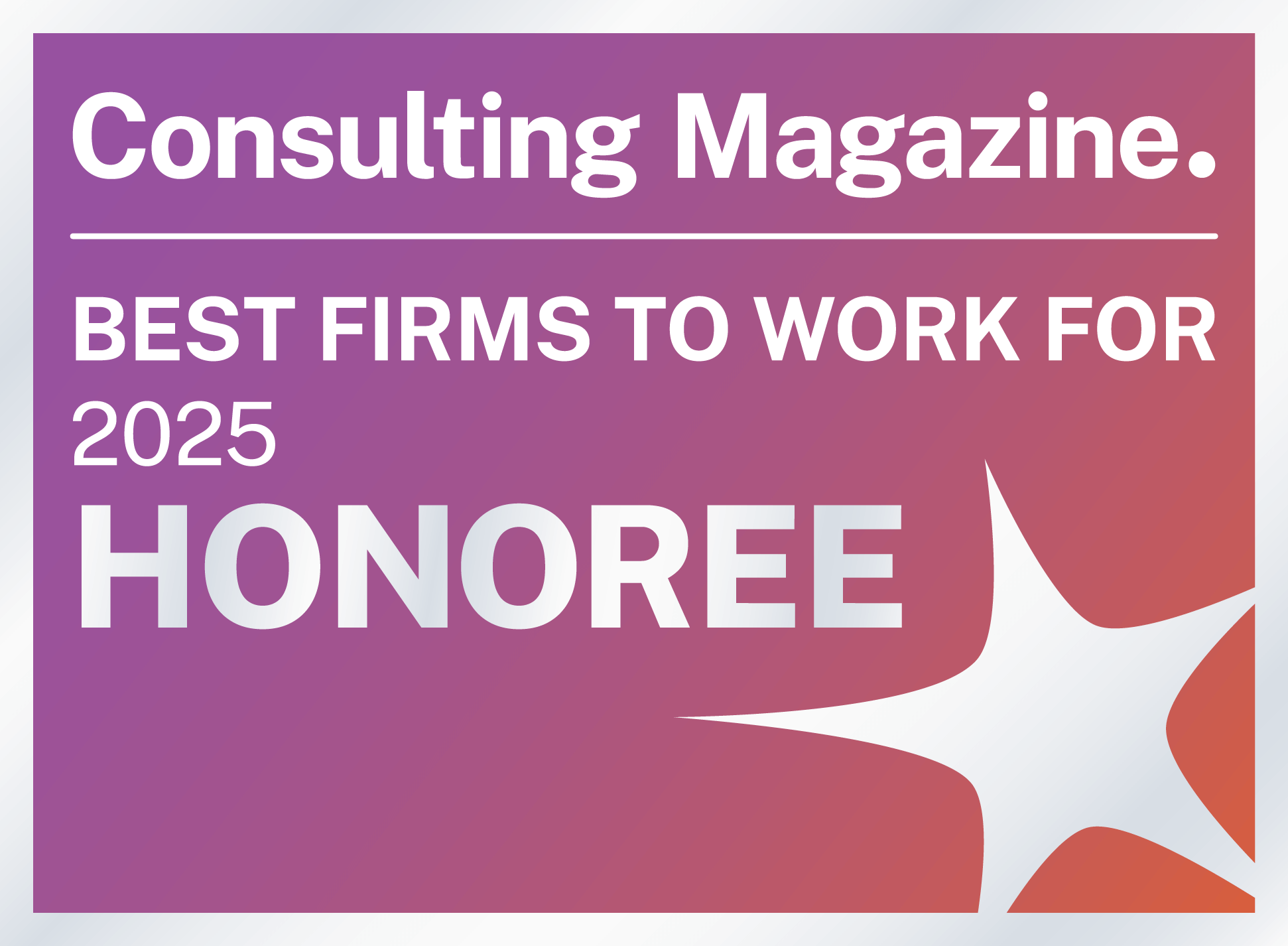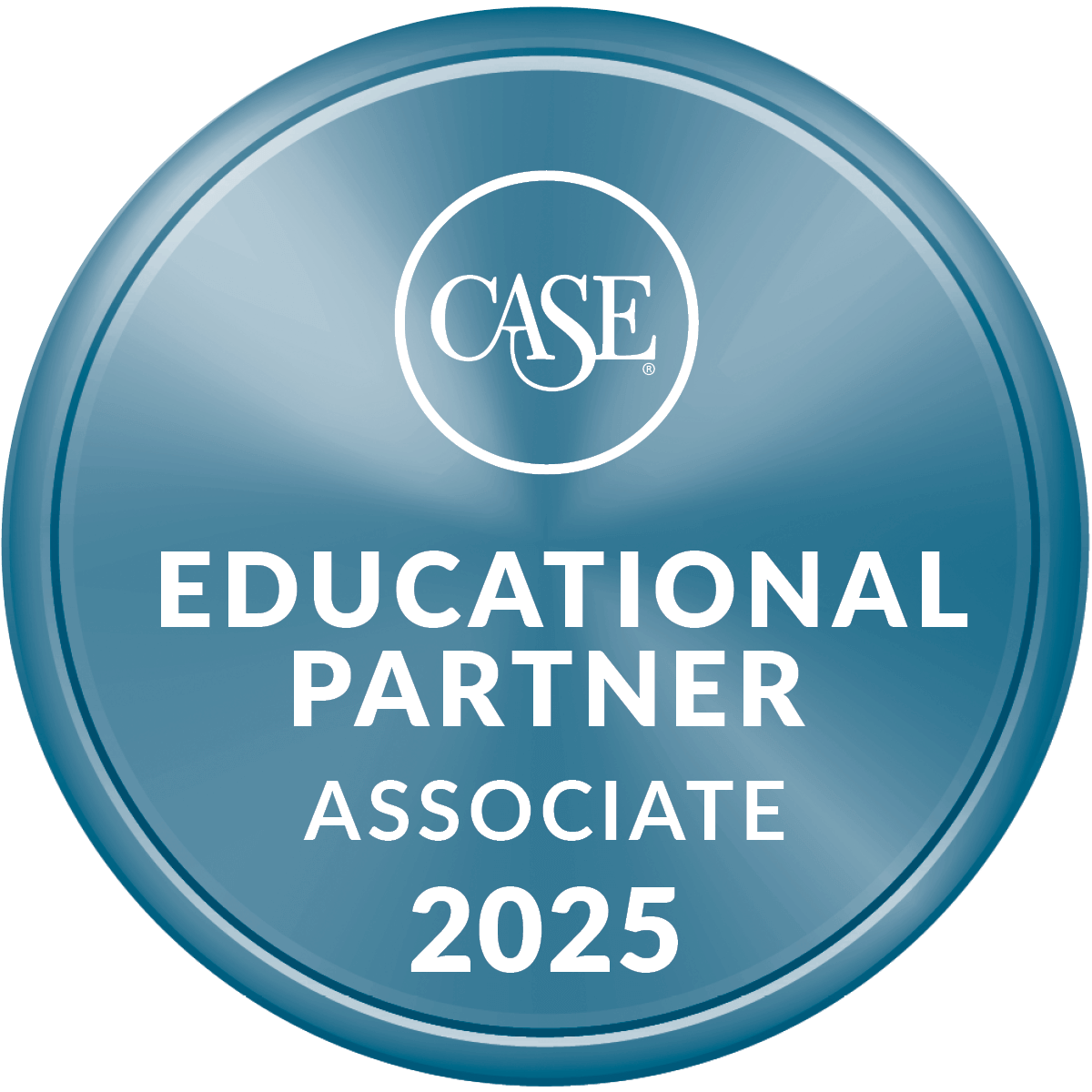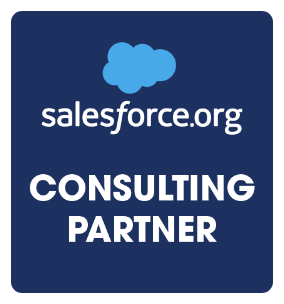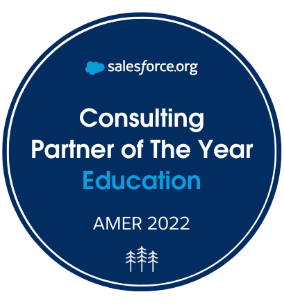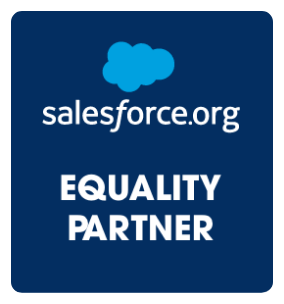Event Details
Colorado Springs, CO
March 26 - 28, 2025
Don’t miss hearing from Attain Partners during the 2025 SRAI Western Midwest Section Meeting, taking place March 26 – 28 in Colorado Springs, CO.
Are you attending? Add our sessions to your conference agenda—or connect one-on-one with our experts. We’d love to schedule a time to discuss solutions for any current issues your institution may be facing. Contact us today.

Thursday, March 27
T102: The Evolving Funding Landscape – Navigating Change
Thursday, March 27 | 9a – 10a
Join our panel to hear how different institutions are navigating shifting federal policies and regulations and what changing funding priorities may mean for various programs. Panelists will discuss how they are thinking about these changes and what they are doing to ready their teams for potential funding shifts. They will also provide updates on major policy and legislative changes.
Learning Objectives
- Identify strategies to prepare for change.
- Learn about current policies and legislative changes impacting federal programs
Speakers
- Kathleen Halley Octa, Manager, Attain Partners
- Dara Little, Associate VP for Research/Executive Director Sponsored Programs, Northern Illinois University, Distinguished Faculty
- Amanda Breeden, Associate Chief, Research, Denver Health & Hospital Authority
- John Sites, Higher Ed Consulting Manager, Huron Consulting Group
T104: What Every Research Administrator Needs to Know About Export Controls: A Primer on Export Controls
Thursday, March 27 | 9a – 10a
If you are new to research administration and have heard the term “export control,” but are not really sure what your role is in export controls compliance, this is a safe place to learn. The session will provide beginners with a basic understanding the export controls compliance and the role that research administrators, pre- and post-award, and departmental, play in ensuring export control compliance requirements are met. Regulations covered at a very high level will be the Export Administration Regulations (EAR), International Traffic in Arms Regulations (ITAR) and the Office of Foreign Asset Controls (OFAC).
Learning Objectives
- Identify the skills most essential for new research administrative office leaders.
- Understand the role of technology and use of artificial intelligence tools.
Speaker
- Susan Wyatt Sedwick, Senior Consulting Specialist, Attain Partners
T203: Stay CALM in Chaos: Channeling Authentic Leadership and Management
Thursday, March 27 | 10:15a – 11:15a
In these turbulent times, the need for authentic leadership has never been more critical. This session will explore the core principles and practices of leading with authenticity during periods of crisis or chaos. The ability to thrive (or survive) in the face of adversity requires an understanding of authentic leadership and how risk and crisis planning can help a leader be prepared for even those situations that can never be fully anticipated. Participants will be better equipped to guide their teams through uncertainty by fostering an ongoing culture of trust, resilience, and collective strength.
Learning Objectives
- Gain a deeper understanding of authentic leadership.
- Identify practical tools to lead confidently and effectively during times of crisis.
Speakers
- Susan Wyatt Sedwick, Senior Consulting Specialist, Attain Partners
- Nicole Quartiero, Director of Research Project Management, University of Notre Dame
**Required session for Leadership Certificate (LD-V)**
F303: How to Retain Your Dragon: Motivation and Retention of Research Administrators
Friday, March 28 | 10:45a – 11:45a
Over the past few years, many research organizations have experienced high turnover, low retention, and an inability to fill open positions. A 2023 research study examined the factors that drive research administrators (RA) to remain at their organizations or motivate them to leave for new positions. The study results provided insight into what organizations can offer to retain RA talent as well as expand career development and opportunities for existing RAs.
Learning Objectives
- Identify three retention strategies to keep RA talent.
- Identify three key motivators that drive RA talent to leave.
Speakers
- Kathleen Halley-Octa, Manager, Attain Partners
- Meaghan Ventura, Senior Sponsored Projects Officer, Research Institute at Nationwide Children’s Hospital
*Required session for Leadership Certificate
T402: Centralizing Post-Award Research Administration: Weighing the Pros and Cons
Thursday, March 27 | 2:15p – 3:15p
In the evolving landscape of research administration, institutions are continually seeking ways to enhance efficiency, compliance, standardization, and support for their research communities. One approach gaining traction is the centralization of post-award research administration functions. This concurrent speaker session will delve into the multifaceted implications of centralizing these functions, offering a balanced exploration of its potential benefits and challenges. Attendees will gain a clear understanding of what centralizing post-award research administration entails, including the scope of activities typically involved and the structural changes required. The session will highlight the potential advantages of centralization, such as improved consistency in processes, enhanced compliance with regulatory requirements, and the potential for cost savings through streamlined operations. Speakers will share lessons learned from their institutions that have successfully implemented centralized models, illustrating the positive impacts on efficiency and service quality. Centralization is not without its drawbacks. This session will address common concerns, including the risk of reduced flexibility, potential delays in service delivery, and the challenges of managing change within an institution. Attendees will hear from speakers who have navigated these challenges, providing insights into strategies for mitigating negative impacts.
Learning Objectives
- Identify the benefits of centralization and the steps to successfully implement a centralized model for post-award administration.
- Identify potential risks and challenges of centralization and ways to mitigate these.
Speakers
- Tyler Tulloch, Senior Consultant, Attain Partners
- Staci Starck, Senior Admin Business Professional, Michigan State University
Friday, March 28
F503: Data-Driven Decision-Making for Department Leadership
Friday, March 28 | 3:30p – 4:30p
As many universities work towards creating a data culture, we, as research administrators, have access to a world of information about proposal submissions, award management, and regulatory compliance that can help shape our decision-making. Since most data collection efforts are owned by central offices, there are often gaps in data that might be impactful to those in departments. How can we identify what data is important to departments and go about filling the gaps? During this session, we will discuss how leaders in departmental or college-level offices can harness the power of data to advocate for their faculty and staff, better allocate resources, and plan for the future.
Learning Objectives
- Understand the importance of fostering a data culture at your university. Have tools to advocate for the data department and college research administrators need to make decisions.
- Harness the power of data to advocate for their faculty and staff, better allocate resources, and plan for the future.
Speakers
- Kathleen Halley-Octa, Manager, Attain Partners
- Theresa Couch, Dir of Research Admin Operations, College of Human Medicine & Office of Health Sciences, Michigan State University





